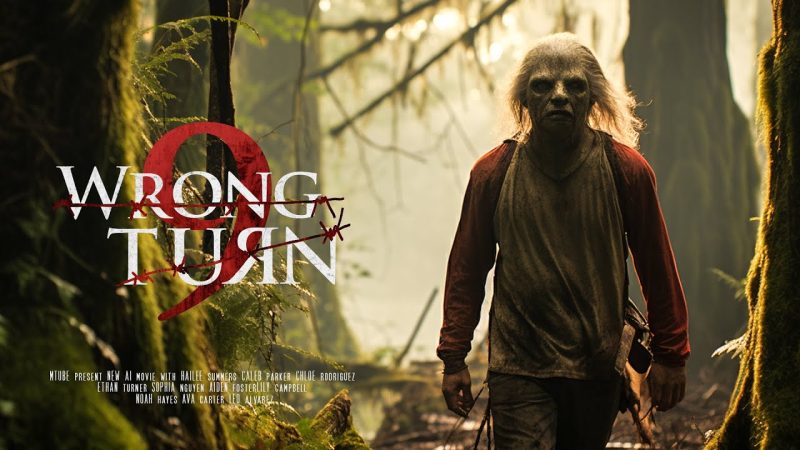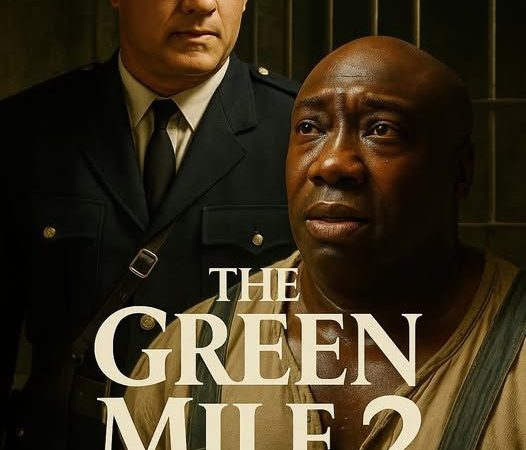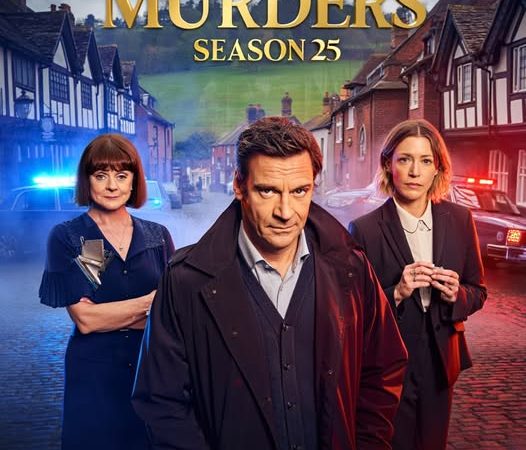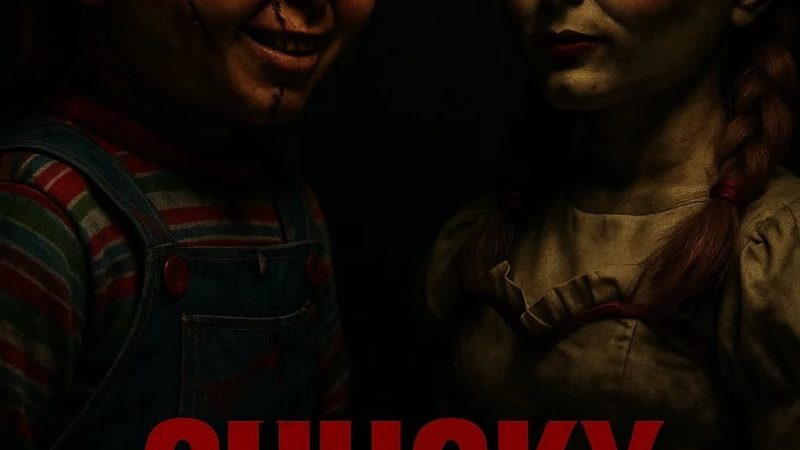“Hillbilly Elegy” – A Lament for America’s Forgotten Towns, Where Family Is the Last Remaining Miracle
In the polished image of modern America—where success is often painted in skyscrapers, Ivy League résumés, and spotless upbringings—Hillbilly Elegy arrives like a handwritten letter from a forgotten corner of the map: the Rust Belt, where poverty, addiction, and broken family ties cling to each other like smoke in a stagnant room.
A Journey Back to a Stormy Childhood
Directed by Ron Howard—the master of emotionally resonant storytelling (A Beautiful Mind, Apollo 13)—Hillbilly Elegy is not merely a film about poverty, but about what it leaves behind. Based on J.D. Vance’s bestselling memoir, the film follows his return home to Middletown, Ohio, after a call from his sister informing him that their mother has overdosed.
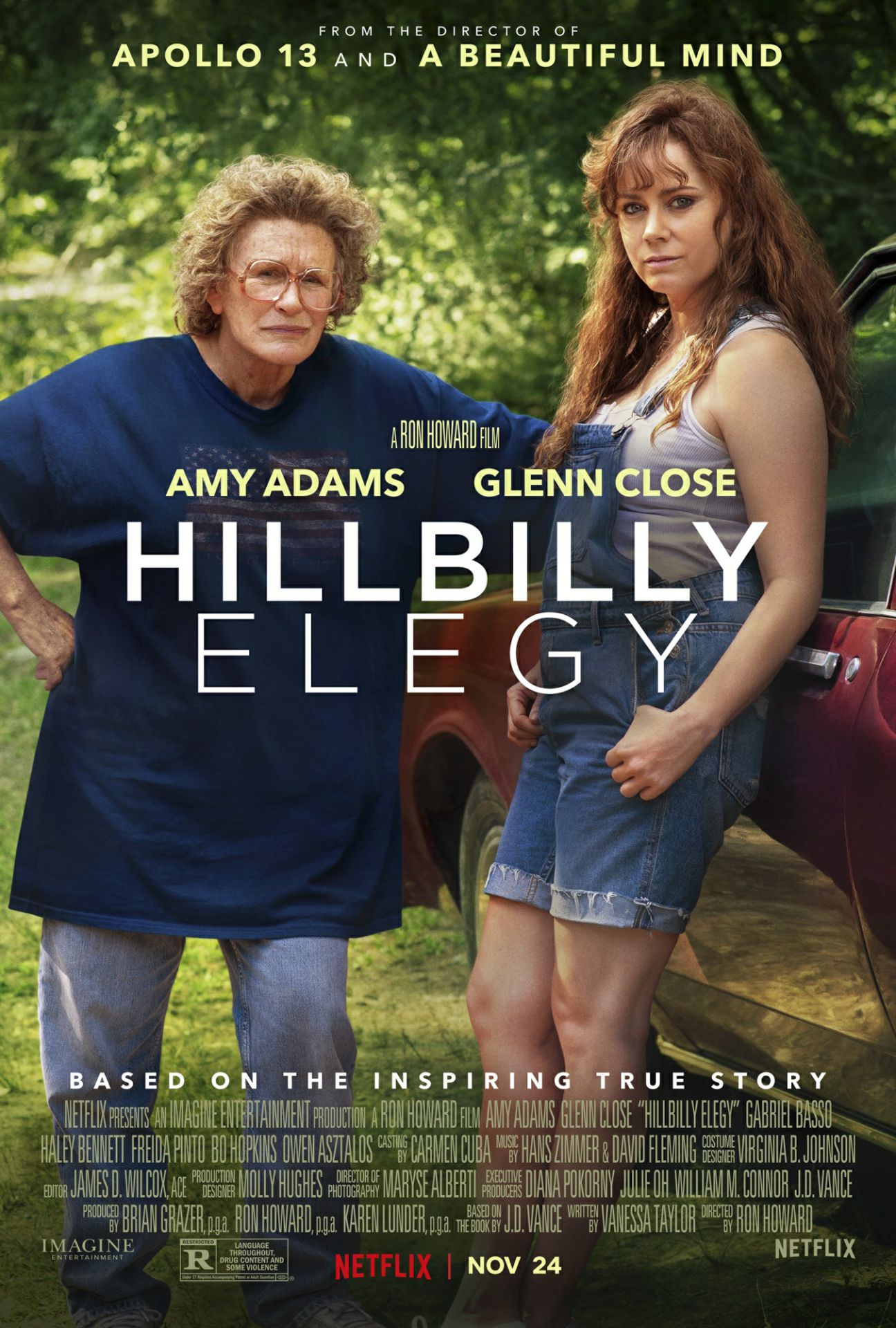
But this is no simple homecoming. It is a journey into the wreckage of memory: a mother (Amy Adams) battling drug addiction and instability; a fierce, chain-smoking grandmother (Glenn Close) trying desperately to hold the family together with grit and tough love.
Performances That Burn Slowly but Deeply
Amy Adams once again proves her stunning range, portraying Beverly as a woman spiraling through cycles of affection, fury, and withdrawal. Glenn Close, however, is the film’s emotional anchor—her portrayal of Mamaw, with her weathered hair and razor-sharp stare, is not outwardly warm, but deeply sacrificial. Her performance earned her an Oscar nomination, a SAG nod, and, ironically, a Razzie nomination—all for the same role.
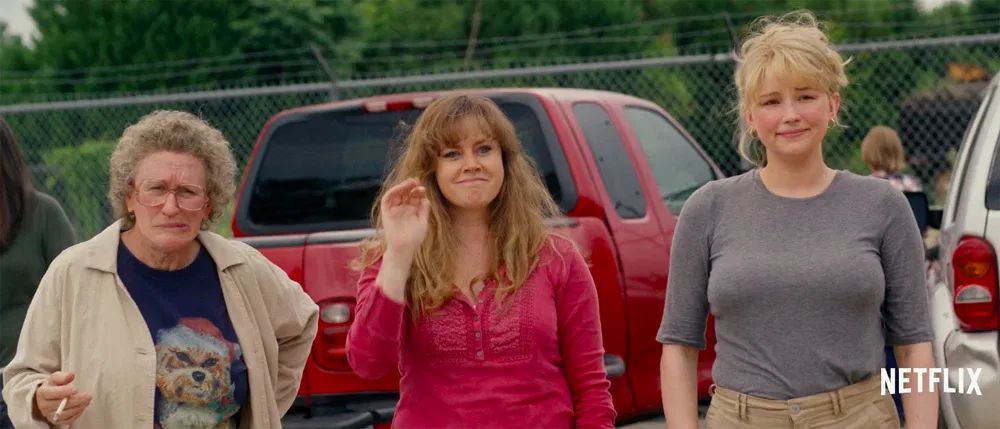
Gabriel Basso, as the adult J.D., brings a quiet but persistent strength to the screen, echoing the silent resilience of kids raised in chaos—those who survive not by thriving, but by enduring.
Not a Fairy Tale, but a Flicker of Hope
Hillbilly Elegy doesn’t offer a neat Hollywood narrative about “escaping poverty.” It’s a far grittier truth: sometimes all it takes is one person in your family who believes in you—and even that can be rare. It’s not easy. It’s not clean. It’s not fast.
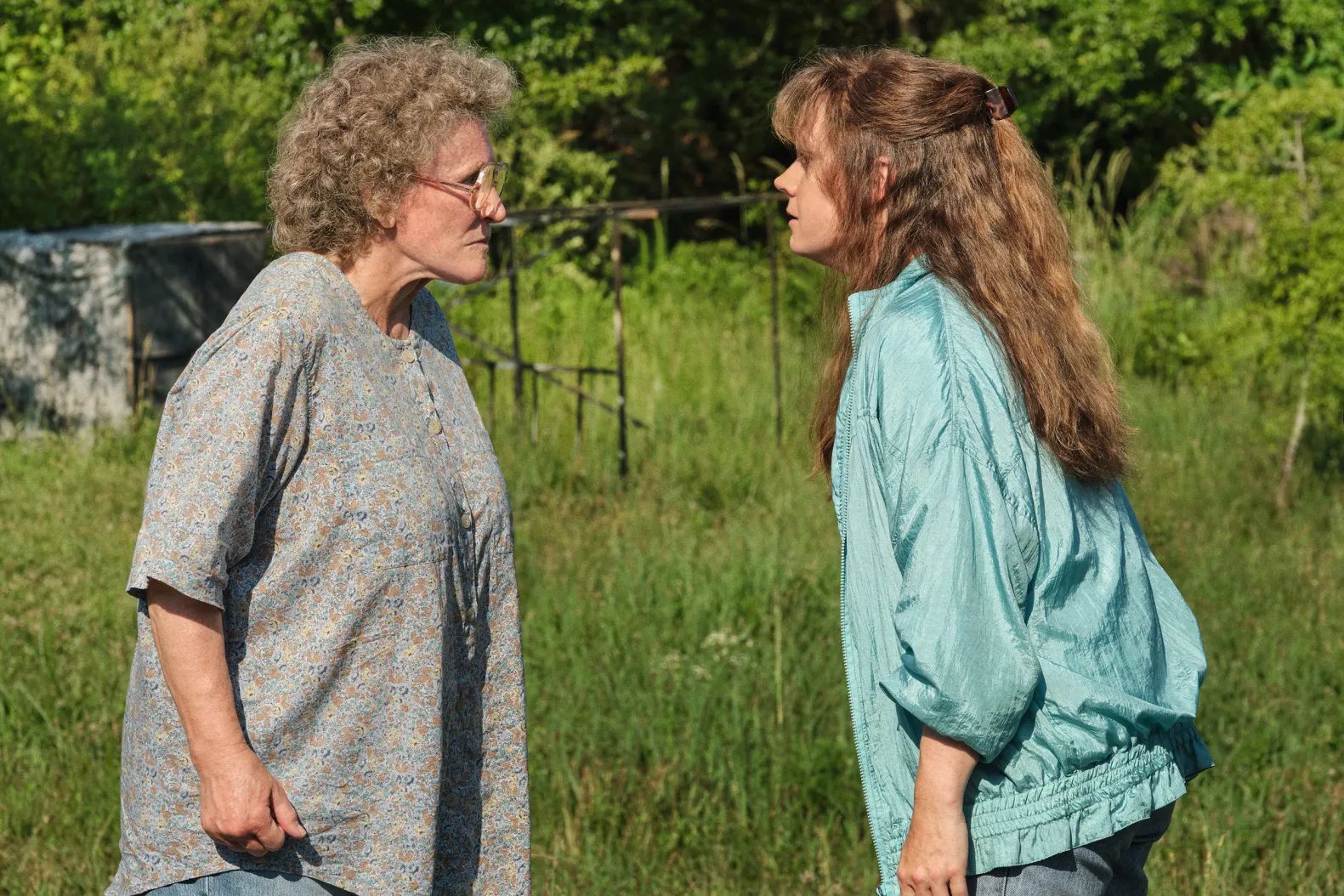
The film received mixed to negative critical reviews: critics called it politically shallow or emotionally manipulative. But beyond the critic circles, many viewers—especially those with similar upbringings—felt seen. It’s the kind of movie critics dismiss, but life recognizes.
Netflix, Middle America, and a Bigger Question
Released on Netflix in the midst of a global pandemic, Hillbilly Elegy sparked immediate attention. Not just because of its A-list cast, but because it raised a hard question: Who really represents the “American Dream”? The ones who escaped—or those who were never given a chance?
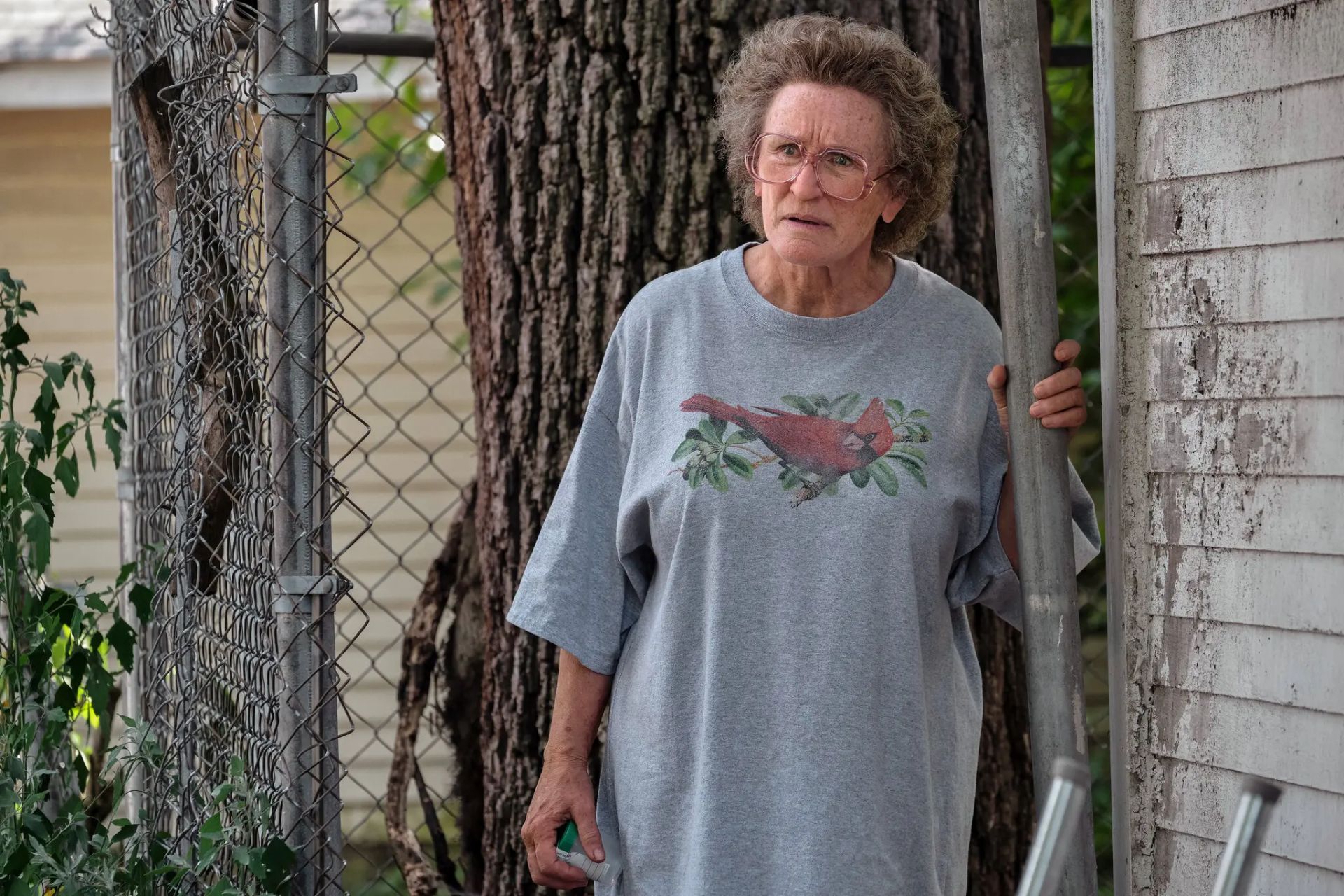
Conclusion
Hillbilly Elegy is not an easy watch. It’s not beautiful, not sweet, and certainly not a “feel-good” film. But if you want to understand a part of America where the dream isn’t found on Wall Street but in a boy’s determination and a grandmother’s rough embrace, this film is worth your time.
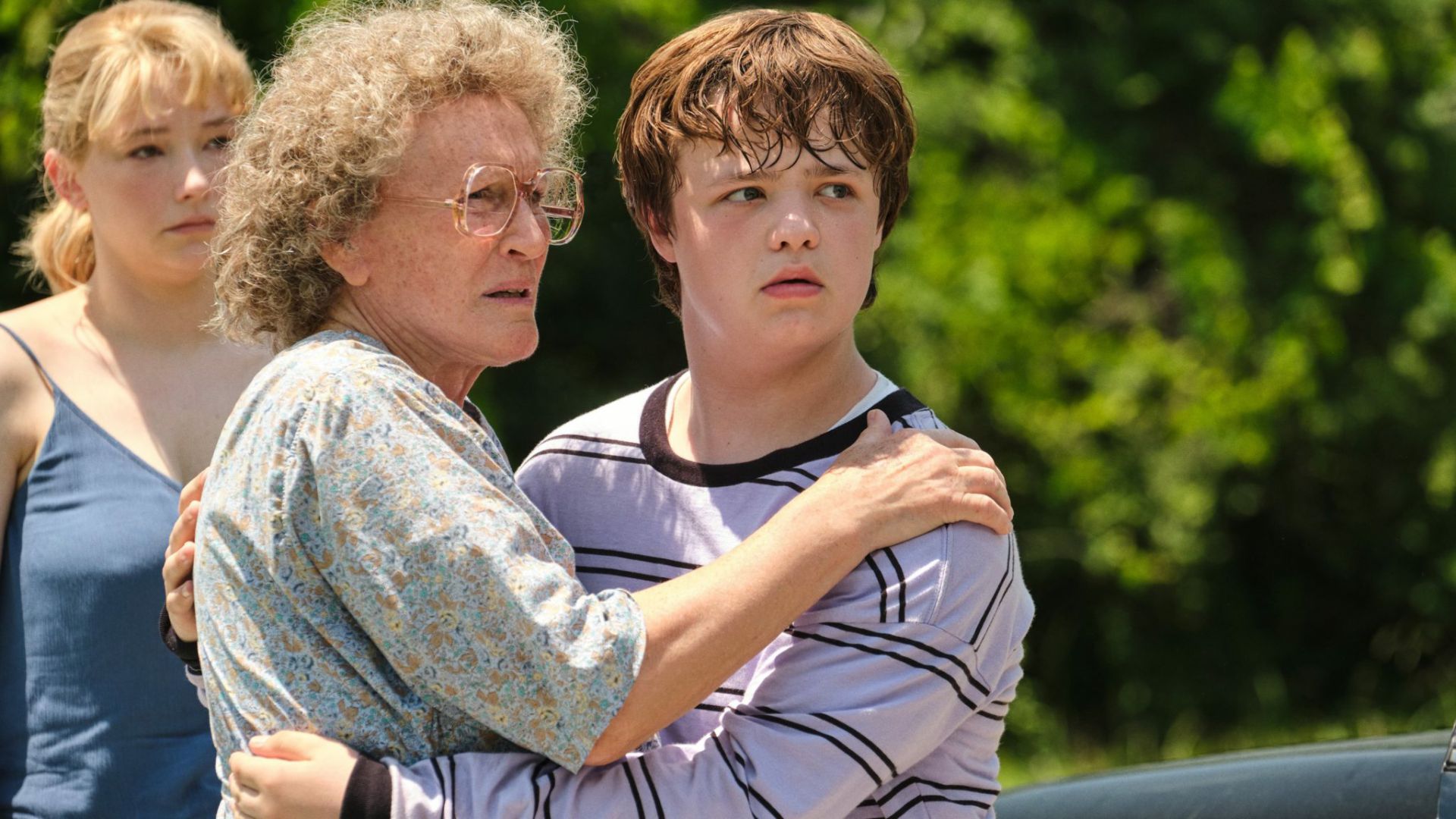
It’s a sad song—but a real one. And sometimes, that’s what matters most.
